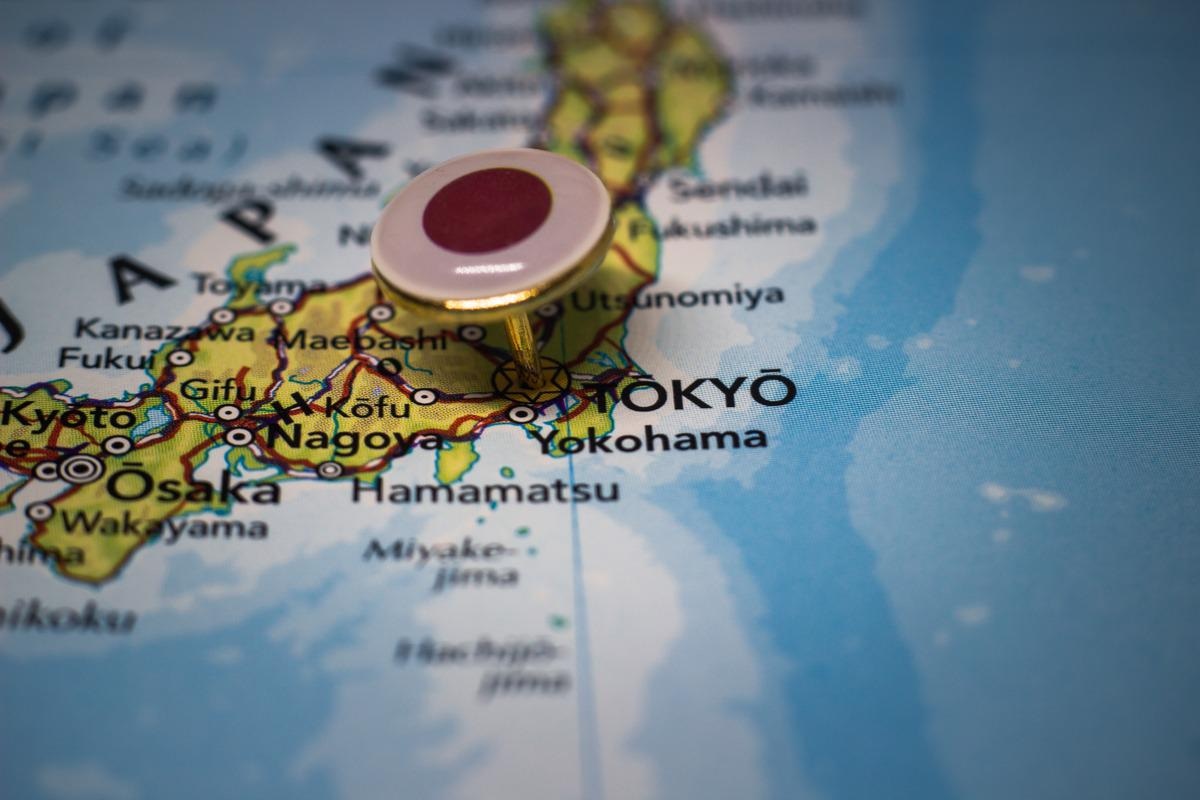In a latest paper posted to the Age and Getting olderinvestigators illustrated the impact of adopting a changeable wholesome life-style on lifetime features from center to previous age.

Background
Globally, life expectancy has elevated, with a number of developed international locations anticipating common life expectations of 85 years by 2030. Present proof means that social components, together with sociodemographic place and common well being care, are linked to an extended lifespan. In the meantime, a number of research have linked the mixed impact of some modifiable wholesome life-style variables, corresponding to average bodily exercise and ample sleep length, to an extended life expectancy in industrialized nations. These investigations display that adopting a wholesome, changeable life-style can assist folks dwell longer.
However, a number of contentious arguments exist on this matter. First, as a result of nationwide life expectancy has hit a plateau in recent times in nations with excessive common life expectancy, it’s unclear if the benefits of adjustable wholesome life-style variables are lacking in older people or these with longer common life expectations. Second, information for people with multimorbidity and comorbidities are missing.
In regards to the research
The current analysis investigated whether or not altering sure life-style habits would possibly assist folks dwell longer from center age onwards, even when that they had persistent comorbidities at every life section. The staff explored the affect of a changeable wholesome life-style on lifespan acquire throughout a number of age teams in additional than 40,000 Japanese folks, well-known to have the best life expectancy on this planet.
The authors analyzed a potential group of 26,247 ladies and 20,373 males aged 40 to 80 years. They assessed eight modifiable life-style variables: consumption of fish, milk, and fruit, sports activities participation or strolling, body-mass index (BMI), sleep length, smoking standing, and alcohol consumption. The staff assigned one level for every adjustable wholesome life-style ingredient, summing up eight factors. They evaluated the affect of the adoption of a modifiable wholesome life-style on lifespan advantages in folks aged 40 to 102 years.
Findings and discussions
The research outcomes depicted that in the course of the median follow-up interval of 21 years, 8,966 folks died, together with 5,283 ladies and three,683 males. This analysis found that life-style had a substantial, albeit minor, affect on lifespan features in center age. However, life expectancy at 40 years was 46.8 (starting from 45.6 to 48.1) and 51.3 (various between 50.0 and 52.6 years) for seven to eight well being life-style factors for women and men, respectively. Additional, these outcomes have been considerably larger than the sooner research.
The investigation uncovered new data on the changeable wholesome life-style universally obtained from center age forward, and a mean life expectancy of over 90 and 85 years for females and males, respectively. The potential affect of modifiable wholesome life-style adherence on lifetime acquire stays over ≥80 years in people with 5 or extra variables, particularly older males. Sufferers with severe comorbidities, corresponding to most cancers, heart problems, diabetes, hypertension, renal illness, and people with multimorbidity throughout all age teams, reaped probably the most benefits.
Moreover, females, however not males, had the best lifetime benefit from abstaining from alcohol use. The processes that underpin this gender disparity deserve additional consideration. Moreover, survival possibilities between the present cohort information and the latest Japanese nationwide census data coincided, implying that these two outcomes have been nationwide representatives, though the baseline census survey was carried out within the Nineties.
Conclusions
In line with the research findings, the affect of a changeable wholesome life-style confirmed a transparent exposure-response affiliation, with a protracted remaining common lifespan and lifelong improve in each women and men, even once they have been 80 years or older. The authors discovered that even throughout folks aged 80 years, adopting a minimum of six changeable wholesome existence was linked to lifetime acquire, regardless of persistent comorbidities at every life stage after center age. The findings recommended that life-style modification was essential for a protracted life span in folks, together with aged sufferers or these experiencing multimorbidity.
General, the current median 21-year population-based potential analysis emphasizes the relevance of modifiable wholesome life-style enhancements for international longevity features. The authors acknowledged that the at present introduced well being benefits on life expectancy or lifetime acquire would possibly give helpful indicators for most people, well being policymakers, and medical professionals. Because of this, these findings could also be helpful in designing future public well being methods, healthcare settings, and insurance policies pertinent to industrialized nations and growing old.
